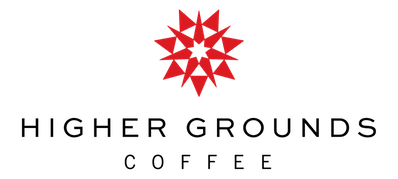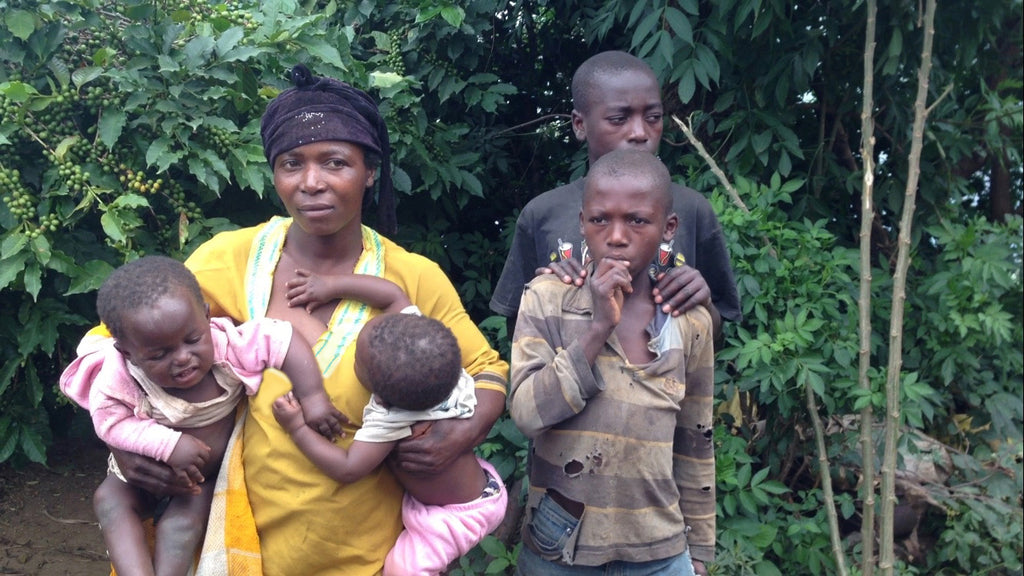
Coffee could change the world. But first we need a disruptive innovation to evolve our trading system. This post is the first of four installments diving deep into the issue of true sustainability in the coffee industry, written by HG cofounder Chris Treter.
[ Part 2: Price Matters a lot, and it's just a Piece of the Puzzle | Part 3: Let's Put People First | Part 4: We Need to Collaborate Towards Sustainability and Development at the Same Time ]
//
Growing inequality is bringing coffee growing communities to their knees. You'd be hard pressed to know it though, if your sights are set solely on your cup.
Meet Zawadi, one of the 25 million farmers who grow your coffee. Her “craft” coffees are enjoyed by an ever-growing number of specialty coffee consumers in the Western world. I took this photo of Zawadi and her family on my first trip to DRC several years ago, and I often recall this snapshot when I ask myself, Is our work truly benefiting farmers?
Back in the heart of Africa, Zawadi's grass thatched hut is perched 1800 meters above an expansive crystalline lake, an altitude with rich soil and ideal climate to produce the highest quality coffees in the world. It exudes the exotic beauty of the coffeelands that is coveted by roasters for curated distribution on their company’s social media channels. [Note: the hut pictured below is not Zawadi's but is located in the same coffee growing region, on the shore of Lake Kivu, DRC, and the other photos in the post also hail from that region.]
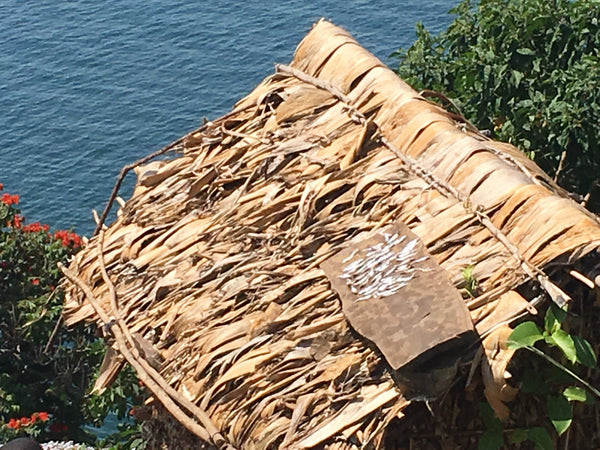
But you won't find Zawadi in those Instagram posts, cradling her naked twins fighting for the little milk her body can produce on 1000 calories of cassava a day. You’ll be hard pressed to find a blog telling her story, of her husband drowning in Lake Kivu as he attempted to find sheet metal to patch the leaks in their roof.
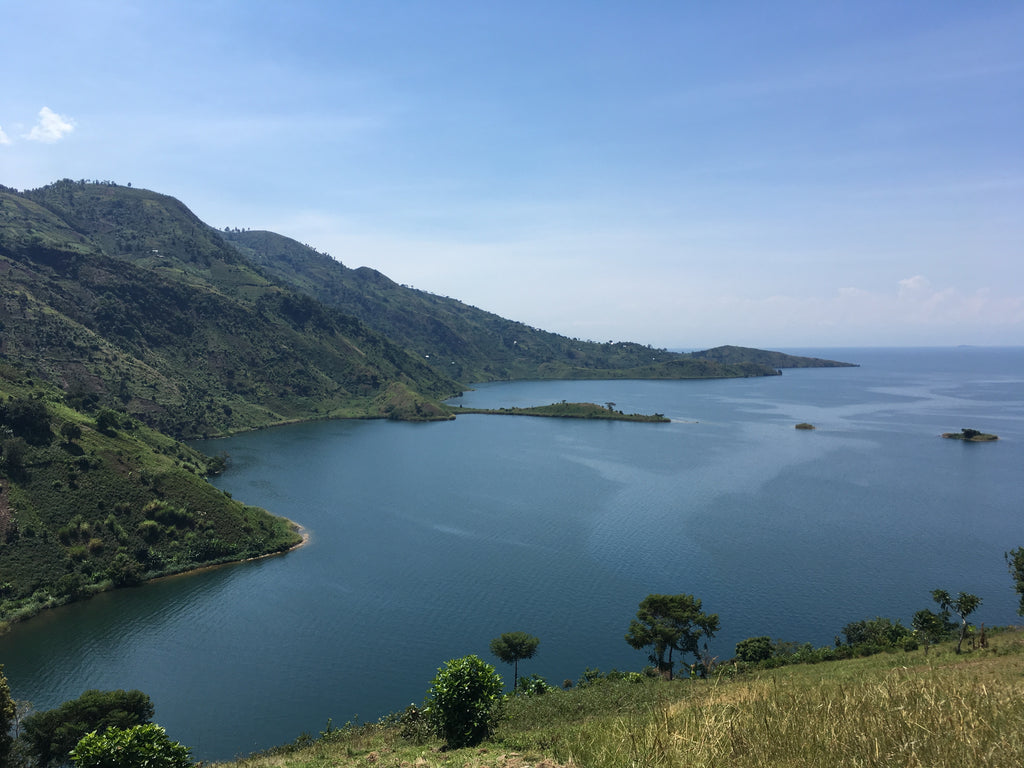
Although Zawadi and her growing co-op received pre-financing, technical support, and was paid a premium via the fair trade, organic and direct trade importers who buy from her and the three thousand other farmers in her co-op, her roof still has a hole in it, and torn clothes still drip from her malnourished children. And she fears rape each time she hikes alone to pick coffee.
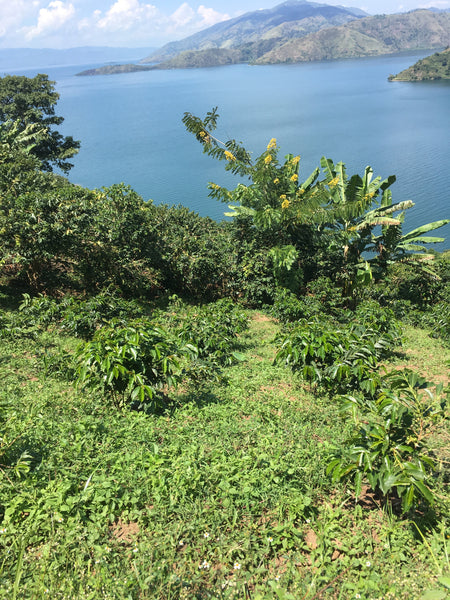
If we could place ourselves in Zawadi’s tattered plastic sandals, we would experience an unjust world where well-meaning “partners” tout “sustainability” via the quality of the coffee they purchase at a premium. That premium may encourage Zawadi to produce some of the most sought-after coffee in the world, but it leaves her with only a few more pennies per pound of coffee she grows, harvests, and sells to the U.S. and European specialty coffee market.
Zawadi and the rest of the world’s small-scale coffee farmers are the oppressed foundation of a rapidly growing global specialty coffee supply chain--a business that represents 48 billion dollars in the United States, making up 55% of an industry built around the second most valuable commodity exported by developing countries. Current industry trends will never bring clean water to her home, educate her children, or provide health care to her family, or to the countless millions living among the trees that provide you with one of the most popular beverages in the world. Unfortunately, language and brand positioning dominant in the specialty coffee industry would make you believe otherwise.